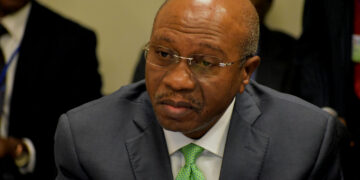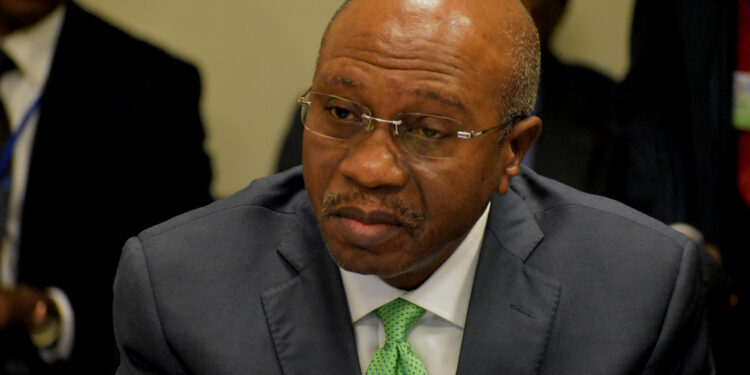By John Ikani
Latest data from the Central Bank of Nigeria (CBN) has revealed that Nigeria’s external reserve fell below the $40 billion threshold it had maintained in over three months.
The reserve levels – which had endured a continuous decline in recent months owing to the intervention of the apex bank in the official FX market and sustained forex crunch in the economy – fell to $39.98 billion as of Thursday, 3rd February 2022.
The latest decline follows the massive dip of Nigeria’s foreign reserve dipped by $481.4 million in the month of January 2022, following a $66.17 million decline recorded in December 2021.
The last time Nigeria’s reserve had stayed below $40 billion was in October 2021, before the addition of the $4 billion Eurobond secured by the federal government of Nigeria from the international debt market in a deal dubbed one of the biggest financial trades to come out of Africa in 2021.
The issuance, which was warmly received by investors, resulting in an order book as high as $12.2 billion, giving the Federal Government room to raise an additional $1 billion more than the initially announced $3 billion.
The fund was used to boost the country’s reserve, hereby serving as firepower for the CBN to defend the naira. Similarly, Nigeria secured a $3.35 billion allocation from International Monetary Fund (IMF) as part of Special Drawing Rights (SDRs).
The influx of FX from these channels was able to boost Nigeria’s reserve above $41 billion in October 2021, but has since been on a downward trajectory, as demand for FX continues to outweigh supply.
Reasons for the decline
Experts attribute the decline to the continuous intervention of the apex bank in the Investors and Exporters window as a means to control the volatility in the FX market. Notably, according to data from the CBN, the bank supplied a sum of $8.97 billion in the FX market through the I&E, SME, and invisible.
Also, CBN supplied $1.42 billion through interbank, while $2.77 billion was channelled through BDC operators between January and June 2021, before the bank discontinued the sales of FX to the operators.
Also, Nigeria’s international trade balance continues to maintain a deficit, as a result of the surge in import bills compared to export value, printing a trade deficit of N3.02 trillion in Q3 2021. In addition, despite the rally at the crude oil market, already trading above $90 per barrel, Nigeria has been unable to ramp up its export earnings due to the inability to improve its production quota.
It is also worth adding, that capital importation has also not been impressive in recent times, with inflows yet to return to pre-pandemic levels, hereby causing more FX crunch in the economy.



































